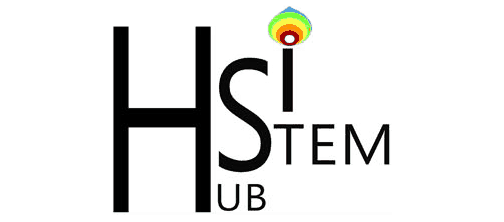2019 Jumpstart Workshop Participants (DACC).
Meet the participants of our inaugural Jumpstart Grantsmanship Workshop in Las Cruces, NM.
Meet the participants of our inaugural Jumpstart Grantsmanship Workshop in Las Cruces, NM.
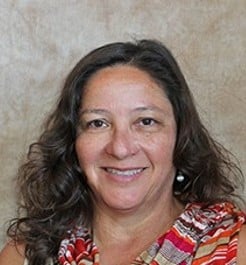
Dr. Carolina Aguirre from UNM – Valencia Branch.
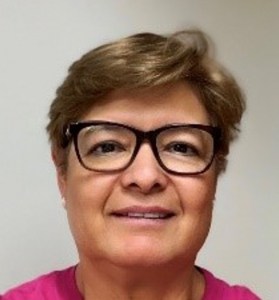
Concepcion Miller: I am an Assistant Professor at Dona Ana Community College -NMSU in Las Cruces NM. I am in the Science Department and teach entry level Biology courses face-to-face and online. I have a bachelor’s degree in Agriculture from Mexico and I obtained my Ph.D. in Plant Pathology at Montana State University. I worked in industry for the first 12 years of my career and in academia for the last 15 years. I have been at DACC for the last 4.5 years.
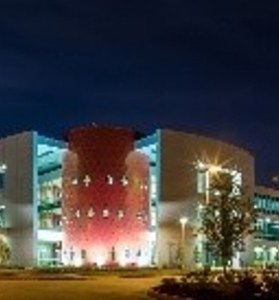
Dr. Connie Gomez is an Engineering Professor at San Jacinto College. Dr. Gomez received her B.S. and Ph.D. degrees from Drexel University in Mechanical Engineering in 2002 and 2007 respectively. She heads the engineering program on the San Jacinto College South campus where she teaches introduction to engineering, engineering graphics, programming, statics, and dynamics. Dr. Gomez is also engaged with efforts to build advanced manufacturing programs at San Jacinto. Her research interests include engineering education, undergraduate research, computer aided tissue design, biomechanical engineering, and sustainability engineering.
.
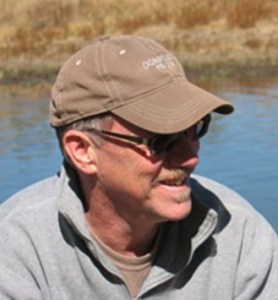
David MacWilliams is Division Head of Arts and Sciences at NMSU-Alamogordo, a two-year campus which serves Otero County and the Holloman Air Force Base.
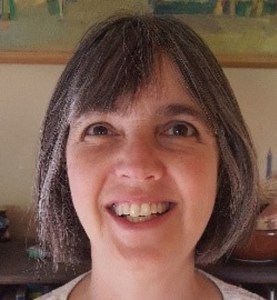
Elizabeth Ratzlaff is a contract grant writer currently working with New Mexico Highlands University. Elizabeth received her BS in Biology from Adams State College and her MS in Food Science & Human Nutrition from Colorado State University. She worked at New Mexico Highlands University for eleven years, first as the Dual Credit Coordinator and later she helped develop and was the coordinator for the Achieving in Research, Mathematics and Science (ARMAS) Center, a comprehensive STEM student support center.
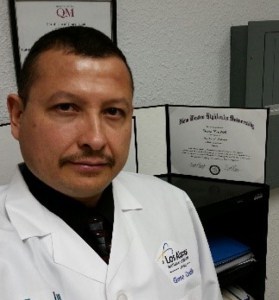
Geno Castillo is a STEM instructor at Luna Community College (LCC), located in Las Vegas, New Mexico. He teaches geology, physics, math and engineering. He was born in Santa Rosa and raised in Vaughn, New Mexico. He served in the United States Marine Corps in the field of Communications and became a Communications Instructor. After his service to our great country was over, he obtained both a Bachelor of Arts in University Studies (2012) and Master of Science in Geology (2015) from New Mexico Highlands University. Geno is currently working on obtaining an Ed. D. in Education with a specialization in Higher Education Leadership and Management at Walden University. He just completed his service as the STEM senator in Faculty Senate and Shared Governance Council at LCC. Geno is a member of the Golden Key International Honour Society, Kappa Delta Pi International Honor Society, and the National Society of Leadership and Success organizations.
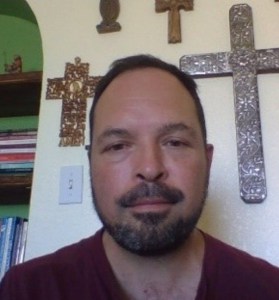
German Alonso Moreno, Ph.D. has expertise in Mathematics Education, Adult Education, and Secondary Education. He has received degrees from University of Texas at El Paso (Biology B.S. 1997; Mathematics, M.A.T. 2003) and New Mexico State University (Curriculum and Instruction, Ph.D. 2011). He has been faculty at Dona Ana Community College since 2005 and is currently Associate Professor, in the Department of Mathematics and Statistics. He has published several papers in adult mathematics education including most recently: “How Participatory Action Research as Pedagogy helped transform the identities of students enrolled in a developmental mathematics classroom” which is the foundation for a framework on adult identity mathematics research. Synergistic activities include Regional Partnership School in Northern New Mexico and the EESTEM II Cohort -National Alliance for Partnerships in Equity. His professional mission is to improve access for marginalized groups and individuals to participate in higher education through improved mathematics education.
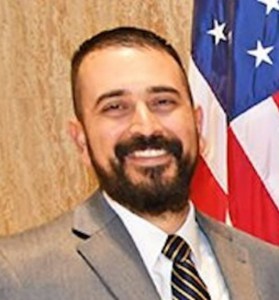
Mr. Joaquin Gallegos is an Associate Professor of Environmental Science at Northern New Mexico College. His background is in Range Science with professional experience in Pinion/Juniper woodland ecology and restoration. He is the department chair for Biology, Chemistry, and Environmental Science at NNMC. He has served as the president of the New Mexico section of the Society of Range Management and is assisting with planning the national meeting hosted by New Mexico in 2022. Current projects include collaboration with Los Alamos National Laboratory to increase NNMC’s capacity in environmental education to develop both graduates with associates and bachelors degrees. One of the end goals of this collaboration is to increase numbers of under represented populations within the regional workforce.
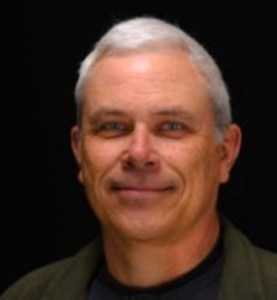
Joe Zebrowski, is Director of Geospatial Technology at New Mexico Highlands University in Las Vegas, New Mexico. As an Instructor of Forestry, he also teaches remote sensing and geographic information systems courses at Highlands. He also serves as NMHU’s liaison with the nearby Rio Mora Conservation Science Center, a collaborative partnership committed to conservation, restoration, and environmental education. Joe is a 20-year veteran of the U. S. Air Force, where his assignments included geodetic survey team chief and detachment commander with the Defense Mapping Agency, various staff cartographic and intelligence assignments, and instructor at the National Geospatial Intelligence Agency’s Defense Mapping School. Joe has also taught GIS and remote sensing at the community college level and served as a geographic information specialist with the New Mexico Forest and Watershed Restoration Institute. He is a past president of the Rio Grande Chapter of the American Society for Photogrammetry and Remote Sensing and is currently on the board of the New Mexico Geographic Information Council. Joe received a Bachelor of Arts in History and a Master of Sciences in Geography, both from Texas A&M University.
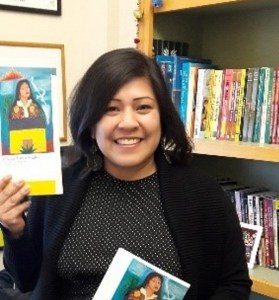
Dr. Judith Flores Carmona is Associate Professor and Faculty Fellow in the Honors College at New Mexico State University. Her areas of specialization include critical pedagogy, critical multicultural education, social justice education, and qualitative research methodologies. Her publications have appeared in Race Ethnicity and Education, Equity and Excellence in Education, the Journal of Creativity in Mental Health, in Educational Forum, and in the International Journal of Multicultural Education. She has co-authored three books: Sleeter, C. & Flores Carmona, J. (2017). Un-standardizing curriculum: Multicultural teaching in the standards-based classroom (2nd Edition). Teachers College Press. Delgado Bernal, D., Burciaga, R., & Flores Carmona, J. (Eds.) (2016). Chicana/Latina testimonios as pedagogical, methodological, and activist approaches to social justice. New York: Routledge. Flores Carmona, J. & Luschen, K. (Eds). (2014). Crafting critical stories: Toward pedagogies and methodologies of collaboration, inclusion & voice. New York, NY: Peter Lang.
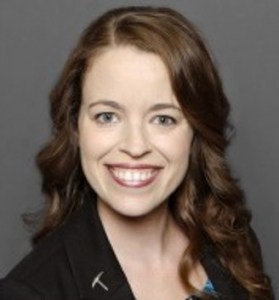
An Assistant Professor at The University of Texas at El Paso, Dr. Meagan R. Kendall is helping develop a new Engineering Leadership Program to enable students to bridge the gap between traditional engineering education and what they will really experience in industry. With a background in both engineering education and design thinking, her research focuses on how Latino/Latina students develop an identity as an engineer, methods for enhancing student motivation, and methods for involving students in curriculum development and teaching through Peer Designed Instruction.
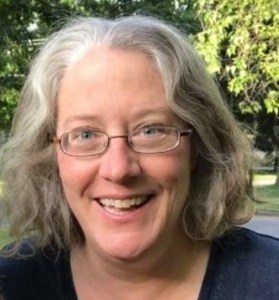
Dr. Melissa Guynn is an Associate Professor in the Department of Psychology at New Mexico State University. She joined the faculty in 2001 after earning her Ph.D. in Psychology at the University of New Mexico. Guynn conducts both basic theoretical and applied behavioral experimental research on various topics in human memory. Research interests include retrospective memory (what people typically think of when they think of memory; remembering information learned in the past) and prospective memory (remembering to complete intended tasks). She seeks to identify the factors that impact remembering versus forgetting and to evaluate explanations of how individuals are able to retrieve desired information from memory at an appropriate moment. She has recently become interested in classroom interventions that instructors can adopt to improve student learning and retention of course material.

Dr. Michaela Burkardt is a college professor in the Department of Physics at New Mexico State University (NMSU). She received her Ph. D. from the University of Erlangen-Nürnberg (Germany). Her teaching includes introductory physics for majors in the physical sciences and in life sciences. Besides teaching in regular classroom and laboratory settings, she also implemented and taught structured Supplemental Instruction (SI) courses in which students engage collaboratively and actively in problem-solving and quantitative analysis. Michaela has experience in involving undergraduate peer learning assistants (PLAs) as partners in teaching and has coordinated a PLA-program in the College of Arts & Sciences (2014-2016). From 2009–2010, Michaela worked as a faculty developer at the NMSU Teaching Academy focusing on promoting evidence-based teaching in the STEM disciplines and amongst other things lead a faculty cohort of over 40 faculty members for more than one year. Currently, as a Teaching Academy Fellow, she has offered a series of workshops about teaching and learning in the STEM disciplines.
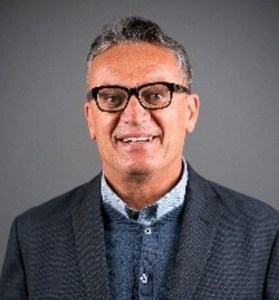
Otto Khera is Director of Rural Initiatives and Grants for Western New Mexico University located in Silver City, New Mexico. There he organizes grants relating to the curriculum, research, student support and entrepreneurial and economic development programs relating to the university and surrounding communities. Otto has over 25 years of experience in higher learning and the private sector, with 20 years of online learning leadership and management at the University of Southern California and Arizona State University, and in consulting and instructional design for major education technology firms such as Instructure, Blackboard, and numerous edtech startups. In the early 90s he led the Axon Television project and in 1996 he founded the regional southern New Mexico newspaper Desert Exposure.
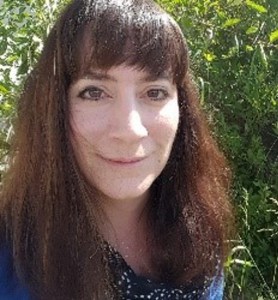
Sarah Corey-Rivas: I am an associate professor of biology at New Mexico Highlands University. My research areas are ecological genomics and conservation of reptiles and amphibians with a focus on amphibian immunogenomics and disease. As a Venezuelan-American scientist conducting research in the Southern Rockies, Brazil, and Venezuela, I have a passionate interest in STEM inclusion and equity initiatives. I regularly teach freshman biology for majors and advanced/graduate courses in ecology, evolution, ethics, and research methods. As part of the AAAS PULSE community, I strive to improve student centered learning strategies and particularly enjoy using course-based research as a central component to teaching undergraduate and graduate students at our local field sites like the Rio Mora National Wildlife Refuge. At Highlands, I am a board member of the Center for Teaching Excellence and the STEM representative to the university outcomes assessment committee. I serve on the board of trustees for the Herpetologists’ League and serve on the society’s diversity & inclusion committee.
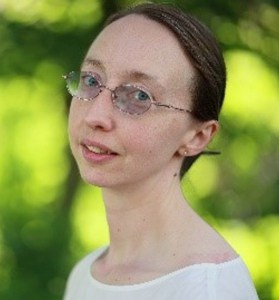
Taffeta M. Elliott is an Asst. Professor in Psychology & Education at the New Mexico Institute of Mining and Technology (NMT). She has recently been involved in the reestablishment of an Alternative Licensure Program at NMT to train STEM-major undergraduates as elementary or secondary teachers. Her auditory research lab focuses on the perception of communication sounds like speech and music in humans and a frog model. She received her PhD in Neurobiology & Behavior at Columbia University, and did postdoctoral training in Neuroscience at UC Berkeley. She taught in a required interdisciplinary science course called Frontiers of Science for undergraduates at Columbia College. Her B.A. was in Liberal Arts from St. John’s College. She has particular interests in supporting underrepresented students in completing STEM bachelor’s degrees. She would like to collaborate on infrastructure that recruits and retains undergraduates into laboratory research in psychology, biology, neuroscience, and the biomedical sciences. Current priorities at NMT include supporting transfers from community colleges, improving student reading, making a peer mentoring program more effective, introducing Individual Development Plans, and providing student access to self-assessment tools in career planning.
Adrian Sierra from Dona Ana Community College.
Victor French from UNM-Valencia.
Resource for Hispanic Serving Institutions that promotes collaborations for STEM research education, develops research capacity, and enhances STEM pedagogy.
Department of Biology | NMSU
PO Box 30001, MSC 3AF
Las Cruces, NM 88003
575-646-3611
Follow us on X (Previously Twitter):
Follow us on LinkedIn:
Follow us on Instagram:
@hsistemhub
